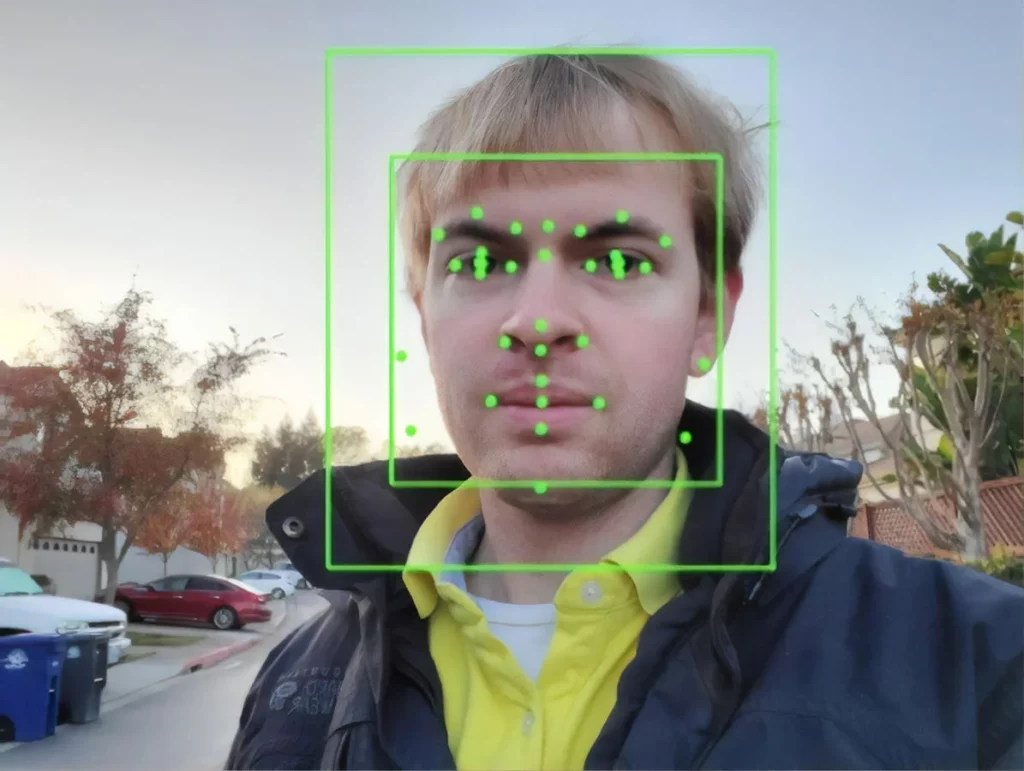
Face Tattoos for Stress? The Real-Time Biotech Wearable Trackers
In a breakthrough that blurs the lines between science fiction and reality, researchers have successfully developed biotech wearables in the form of face tattoos that can track mental health in real-time. This innovative technology is poised to revolutionize the way we approach mental wellness by providing individuals with an unprecedented level of self-awareness.
The groundbreaking wearable trackers rely on advanced biosensing materials, including graphene, to capture fluctuations in biomarkers associated with stress. These biomarkers include cortisol levels, electrodermal activity (EDA), and skin temperature, among others. The result is a continuous stream of data that offers new insights into the physiological impact of stress on the body.
The implications of this technology are far-reaching and profound. Mental health professionals will now have access to real-time physiological feedback that can inform more tailored treatment protocols based on physiological cues. Corporate wellness programs can be transformed from reactive benefits to predictive performance infrastructure, allowing leaders and employees to better navigate cognitive demand and emotional strain.
In daily life, these wearables offer a scalable solution for addressing mental health crises with early detection and ingrained support. As wearable technology advances from consumer novelty to clinical-grade utility, the body itself will become a living interface where cognitive states are monitored, measured, intersected, and increasingly managed.
The potential benefits of these biotech wearables are undeniable, but so too are the ethical concerns surrounding their use. The real-time monitoring of emotional data raises pressing questions about privacy, ownership, and consent. Who controls this sensitive information? What happens when employers, insurers, or third-party platforms gain access to an individual’s stress levels in real-time?
Critics argue that these technologies empower self-awareness, early health interventions, and mental health transparency, while advocates warn against the rise of “surveillance capitalism” where one’s mental state becomes a metric to mine or monetize.
As this technology moves from lab prototypes to consumer products, robust regulatory frameworks are essential. Standardized protocols for opt-in consent, anonymized data storage, user control over access and deletion, and transparent algorithmic processing are crucial for ethical implementation.
The future of mental health care may not be confined to diagnostic manuals or therapy rooms. It may stream continually, subtly, and directly from the skin out.
Source: www.forbes.com


